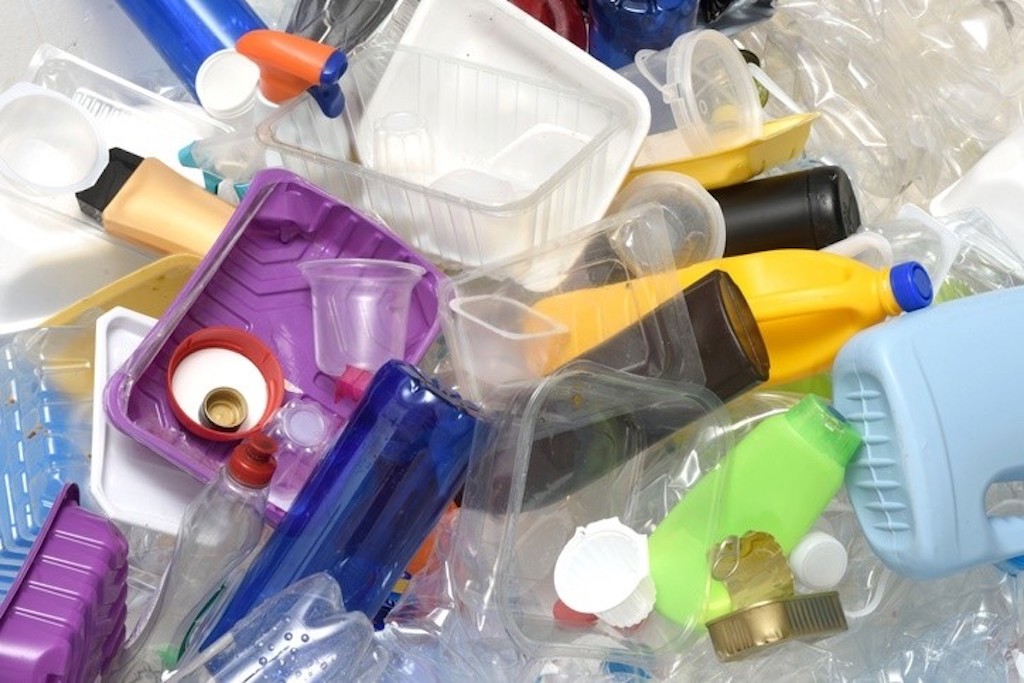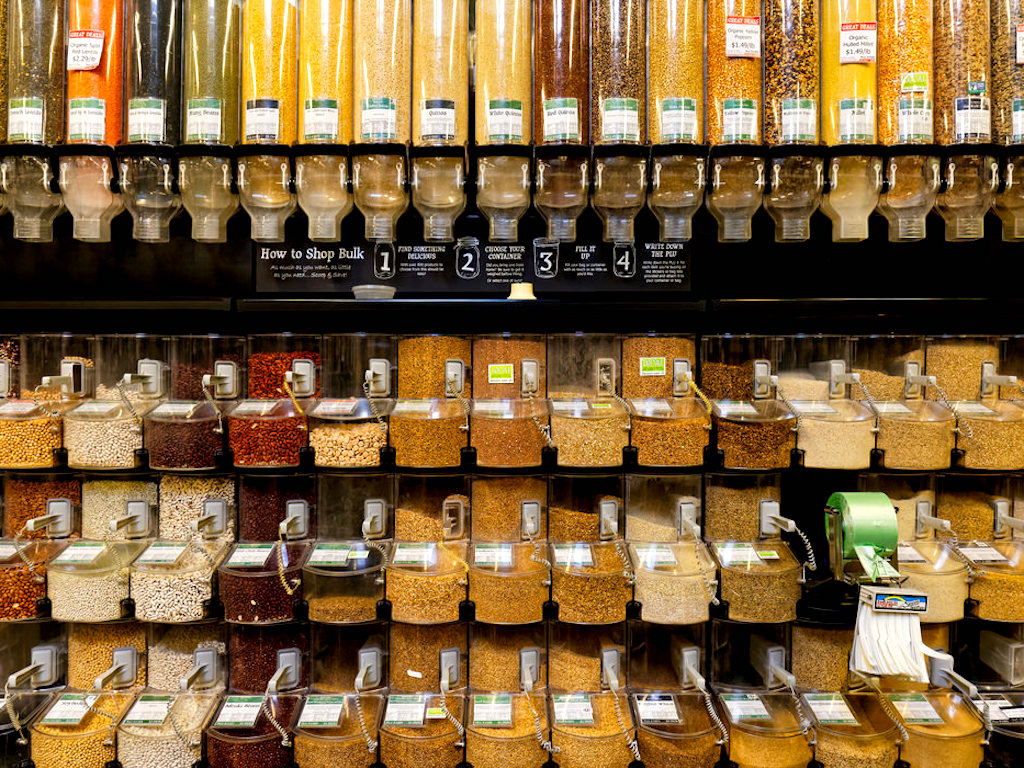4 Mins Read
French grocery chains will have to begin switching to food refill stations as part of a new environmental bill. The law, which has been passed by the French parliament, will require retailers to phase out disposable plastic packaging and dedicate a fifth of their store to allow customers to buy dry food products using their own reusable containers.
MPs in France have voted in favour of new legislation that would force large supermarket chains in the country to make it easier for customers to bring and shop using reusable containers. The anti-plastic packaging bill, which is a part of a swathe of environmental and climate resilience measures being debated, will still need to be discussed and passed by the Senate next month before being implemented.
If passed, the legislation will require retailers with a storefront larger than 400 metres squared to dedicate 20% of their space to food refill stations by the end of the decade. It will apply to dry food products, such as pasta, cereals, beans and rice. Smaller businesses and non-food shops will not be subject to the new rules, such as off-licenses, wine stores, cosmetic and make-up shops.
Barbara Pompili, the minister of ecological transition, said that the law is designed to “not put distribution networks into difficulty”, but instead to promote the phasing out of disposable packaging in order to combat the world’s mounting waste crisis. Recent studies suggest that the global plastic crisis is so severe that even if an 80% reduction in plastic use, the planet will be left to tackle over 710 million tonnes of plastic waste.

Read: Interview with Day by Day founder Didier Onraita on pioneering zero-waste grocery in France
While France has taken the lead on introducing refill legislation, some businesses across the world have taken steps to promote circular models, such as French-American startup reusable packaging delivery platform Loop, who has landed pilot partnerships with big names like McDonald’s and Tesco in the U.K. and a global trial with Burger King.
British retailer Asda has also begun testing refill stations at one of its locations, teaming up with consumer goods giant Unilever to roll out zero-waste solutions for beauty, household cleaning and personal care items.
Other climate measures that MPs have agreed to include new policies to eliminate small-size samples from being given away to customers unless requested, a move to clamp down on waste. Coming in packets or sachets, these samples contribute to the astonishing numbers of difficult-to-recycle and contaminated plastic waste.
One report from the U.K. has estimated that at least 855 billion tiny pieces of waste are being produced annually from disposable sachets alone.

From 2023, new legislation will further require producers to make detachable components of items to be available for at least five years after being first put on sale in order to promote repair. The bill is similar to an anti-throwaway plan announced by the European Commission in March 2020, which would force manufacturers to make products that last longer and can easily be replaced and restored.
A long-term trial spanning three years to reduce leaflets being handed out to letterboxes across France was also passed by the parliament, with a follow-up analysis to examine how this will lighten the burden on paper recycling industries.
Previously in February 2020, French MPs and the Senate banned companies from destroying unsold or returned goods, which especially targeted luxury goods and designer fashion labels – an industry notorious for its practice to burn items in order to retain consumer exclusivity.
Businesses in other sectors were also subject to the rules, including electronics, hygiene products, cosmetics and make-up brands, who must now redistribute or recycle their unsold items instead of throwing them away and contributing copious amounts of waste and greenhouse gas emissions.
Lead image courtesy of Zero Waste California.




